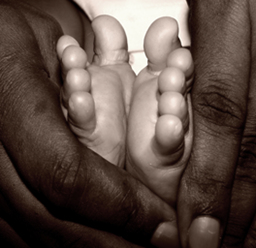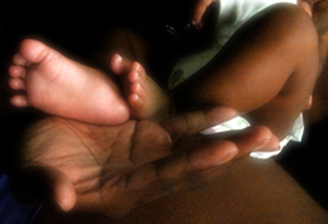Gamete Donation
Egg donation
The first egg donation pregnancy was reported to be in 1984. Egg donation developed initially for women with ovarian failure/ premature menopause which could be due to
- Premature menopause
- Chemotherapy
- Radiotherapy
- Surgical removal of ovaries.
- Women with no ovaries
Later it was extended to
- Women that carried a genetic disease
- Normal ovulating women that appear to have an egg factor
- Couples that failed to conceive after multiple IVF attempts
- Women with a poor/inadequate response to ovulation induction
- Women of advanced maternal age
 The egg donor and the intended parents are matched according to physical characteristics, race, ethnicity, blood group and Rhesus factor. The egg donor’s ovaries are stimulated to produce multiple eggs using routine IVF. The recipient’s uterus is also prepared in synchronisation with the egg donor by using hormone replacement therapy (HRT). The eggs are collected from the egg donor and fertilised with the sperm of the intended male parent (or frozen sperm from a donor sperm bank). The resultant fertilised eggs (called embryos) are then transferred to the recipient woman to achieve a pregnancy.
The egg donor and the intended parents are matched according to physical characteristics, race, ethnicity, blood group and Rhesus factor. The egg donor’s ovaries are stimulated to produce multiple eggs using routine IVF. The recipient’s uterus is also prepared in synchronisation with the egg donor by using hormone replacement therapy (HRT). The eggs are collected from the egg donor and fertilised with the sperm of the intended male parent (or frozen sperm from a donor sperm bank). The resultant fertilised eggs (called embryos) are then transferred to the recipient woman to achieve a pregnancy.
Here at the Hugh Wynter Fertility Management Unit (HWFMU) all donations are anonymous. Most of the egg donors are recruited by the egg sharing process. This is where a woman (donor) will undergo the routine IVF treatment and donate 50% of the eggs collected to infertile patients for a discounted treatment cost. This is believed to be advantageous for both women as some donors would not be able to afford IVF otherwise.
Who can donate?
The ideal donor needs to be
- Fit and healthy
- Aged between 20 and 35 years old
- Normal hormone levels
- An acceptable Body Mass Index (BMI)
- In a stable relationship
- Have a knowledge of family’s medical history
- Free of any transmissible infectious diseases
- Willing to undergo genetic testing/ karyotyping
- Willing to undergo psychometric testing
- Willing to attend at least one counselling session
- Dedicated to see the procedure through to the end
 Who can be a recipient of donor eggs?
Who can be a recipient of donor eggs?
The female recipient can be up to the age of 50 years old. The couple needs to meet similar criteria for that of routine IVF patients including
- fit and healthy with a comprehensive medical history
- an acceptable BMI
- the couple are free of any transmissible infectious diseases
- at least one counselling session
- in a stable relationship
Sperm donation
The successful use of donated sperm has been recorded as early as 1884. From there with the development of technology sperm could be frozen. The first successful human pregnancy with frozen sperm was reported in 1953.
Today, sperm banks are all over the world. At the HWFMU we import the sperm from reputable donor sperm banks. The sperm bank is responsible for the gathering of a full medical history of the donor and his family. The donor will be screened for the routine viral, mental and genetic diseases.
All sperm samples are quarantined
- screened prior to freezing
- quarantined for at least 180 days
- screening is repeated after the 180 days
- the sample is then released for use.
Who needs donor sperm
Couples use donor sperm when the husband/ male partner
- may have no or poor sperm
- has had a vasectomy
- has an inherited genetic condition
- as a back-up in surgical sperm retrieval cycles (SSR)
Or a single woman may use donor sperm if she is desirous to have a child.
How sperm is selected and used
The donor is matched by the physical characteristics, ethnicity race, blood group and Rhesus type of the male partner. The sperm may be used in any form of assisted conception where it may be intrauterine insemination (IUI) or standard IVF or in ICSI treatments.
